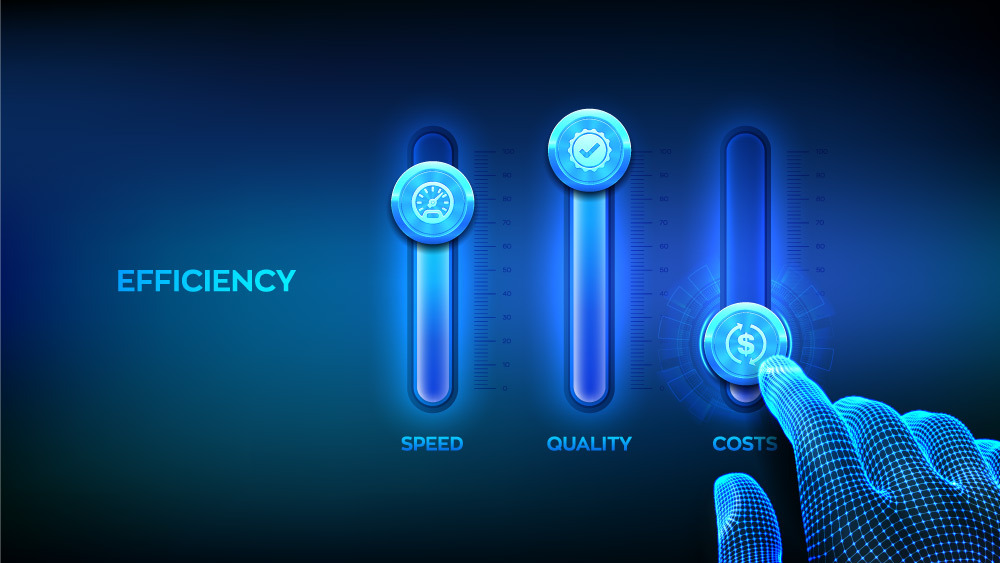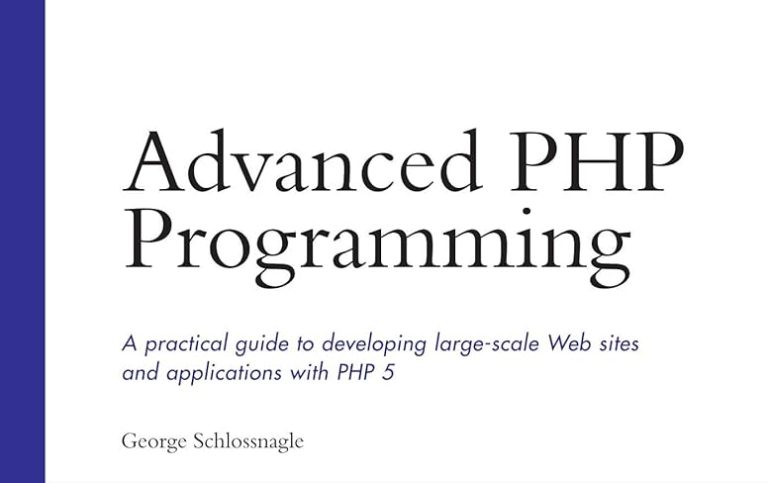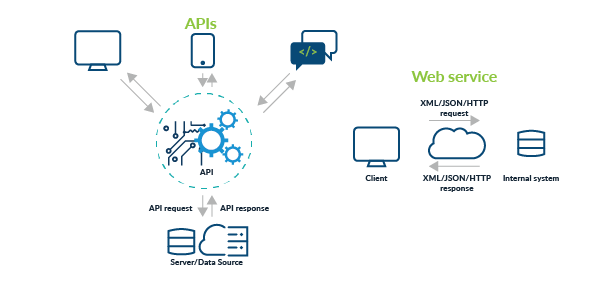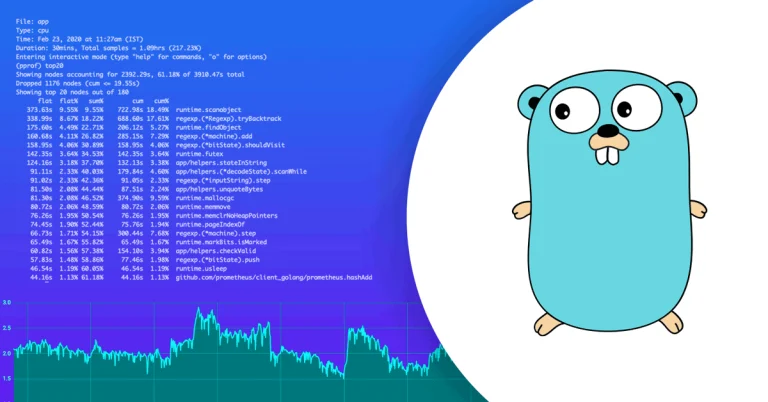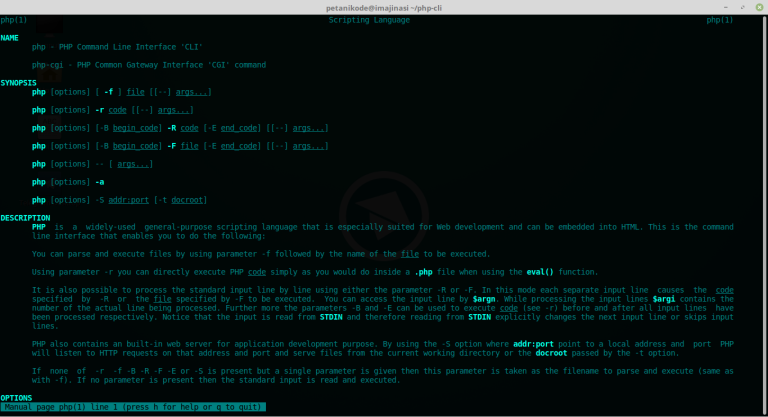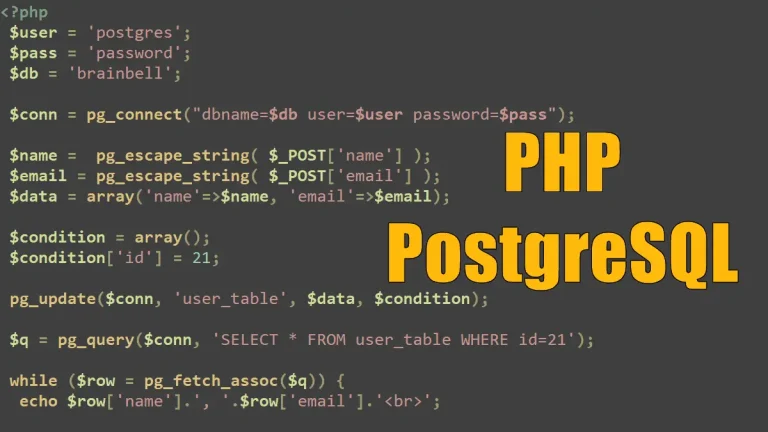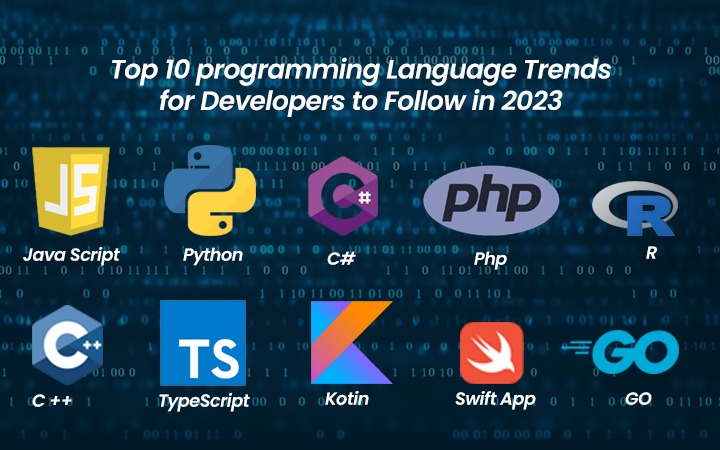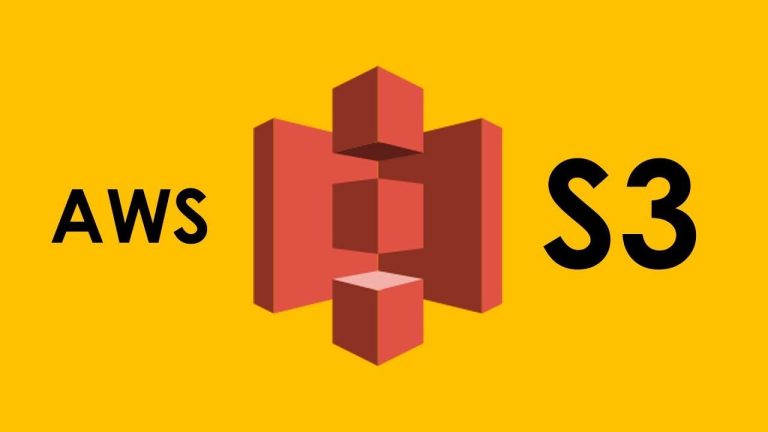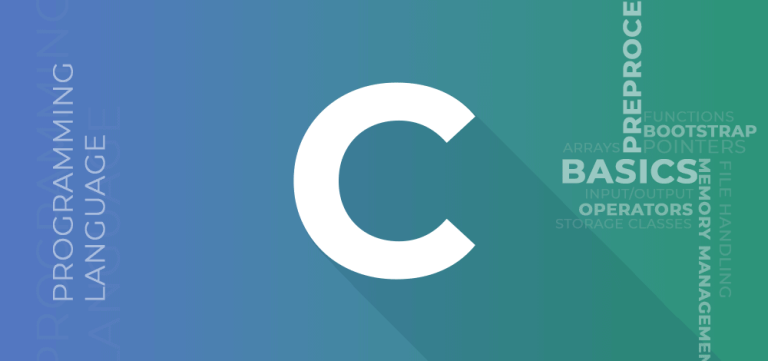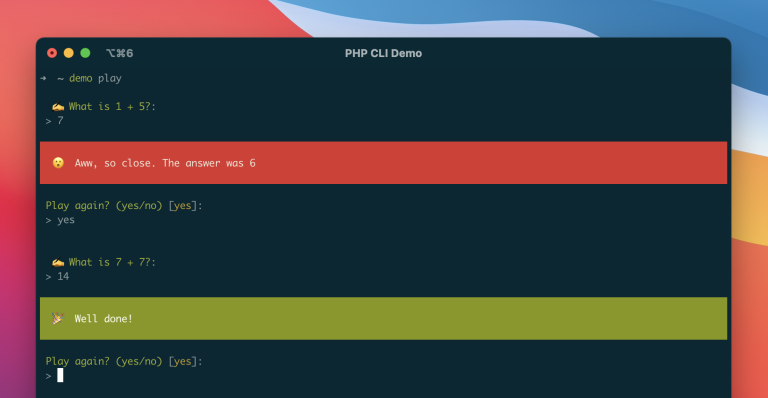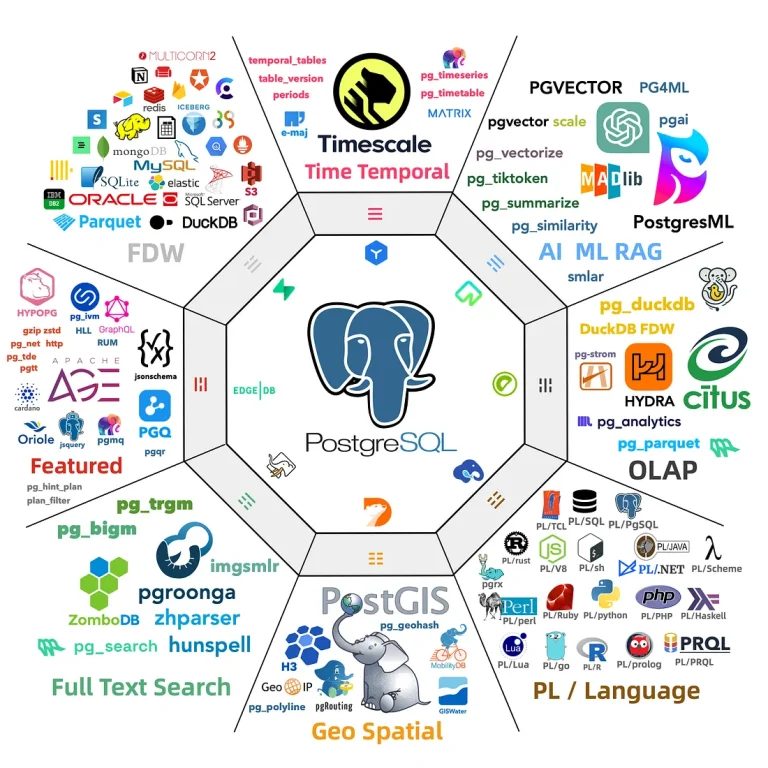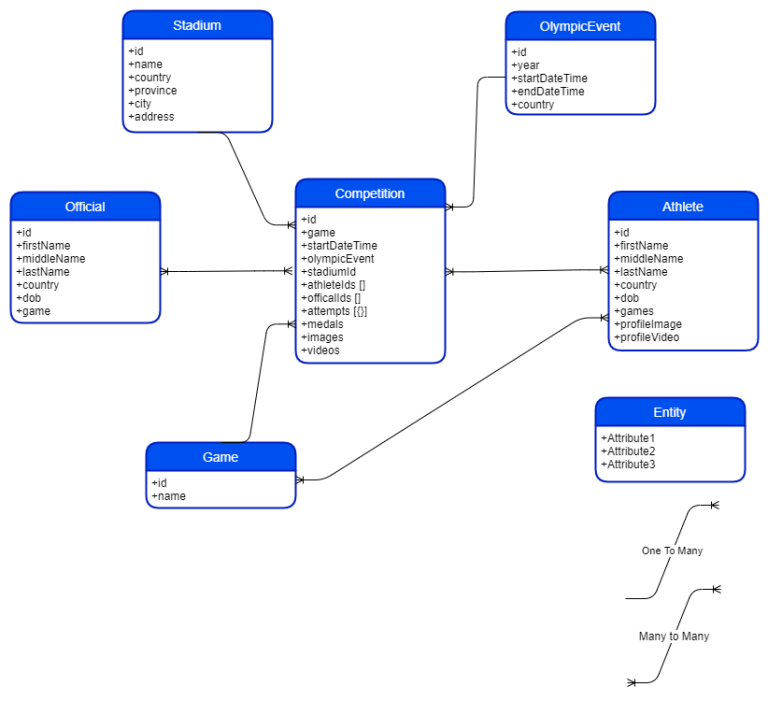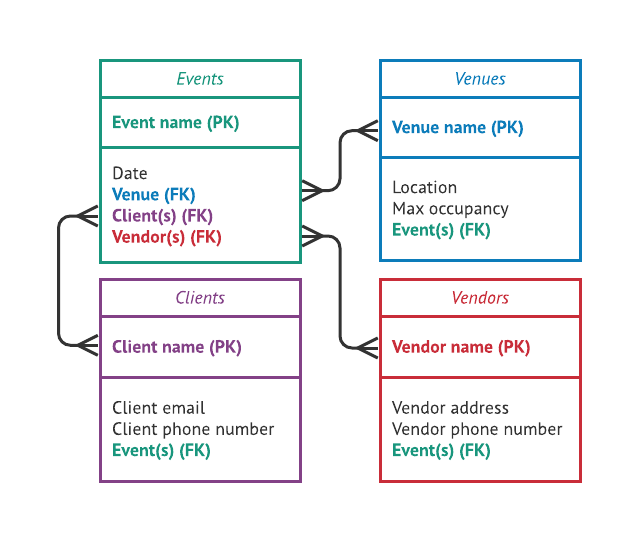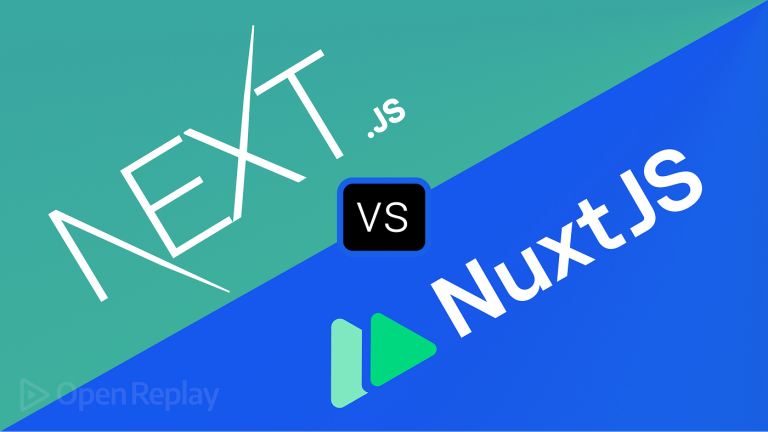PHP, a versatile and widely used server-side scripting language, continues to be a cornerstone for web development in 2024. With evolving technologies and growing user expectations, optimizing PHP applications is paramount to ensure high performance, scalability, and a seamless user experience. In this article, we’ll explore key optimization strategies and best practices for PHP development in 2024.
1. Upgrade to the Latest PHP Versions:
Keeping your PHP version up-to-date is fundamental for benefiting from performance improvements, security enhancements, and new language features. As of 2024, consider migrating to PHP 8.x, which introduces significant performance boosts, JIT compilation, and syntactic improvements.
# Upgrade using a package manager like Composer composer require php:^8.0
2. Utilize OpCode Caching:
OpCode caching reduces the overhead of PHP script interpretation by caching the compiled opcode in memory. Popular OpCode caching tools like OPcache or APCu significantly enhance performance by eliminating the need to recompile PHP scripts on every request.
Ensure OPcache is enabled and tuned in your PHP configuration:
[opcache] zend_extension=opcache.so opcache.enable=1 opcache.enable_cli=1 opcache.memory_consumption=256 opcache.max_accelerated_files=10000
3. Asynchronous Programming:
Leverage asynchronous programming to handle concurrent requests efficiently. Libraries like ReactPHP or Amp provide asynchronous patterns, allowing your PHP application to perform non-blocking I/O operations.
// Example using ReactPHP
$loop = React\EventLoop\Factory::create();
$loop->addTimer(1, function () {
echo 'Hello after 1 second!';
});
$loop->run();4. Database Optimization:
Optimizing database interactions is crucial for PHP applications. Implement the following strategies:
- Use prepared statements to prevent SQL injection.
- Index database tables appropriately for faster query execution.
- Utilize database connection pooling to manage and reuse database connections efficiently.
5. Implement Caching Mechanisms:
Integrate caching mechanisms to store and retrieve frequently used data, reducing the load on your server. Use caching libraries like Redis or Memcached for efficient data storage and retrieval.
// Example using Redis for caching
$redis = new Redis();
$redis->connect('127.0.0.1', 6379);
$key = 'cached_data_key';
$cachedData = $redis->get($key);
if (!$cachedData) {
// Fetch and generate data
$cachedData = fetchData();
$redis->set($key, $cachedData, 3600); // Cache for one hour
}
// Use $cachedData6. Optimize Autoloading:
Efficient autoloading can significantly impact the performance of your PHP application. Utilize classmap autoloading or Composer’s optimized autoloader to minimize the overhead of locating and including class files.
# Dump the optimized autoloader composer dump-autoload --optimize
7. Use JIT Compilation:
As of PHP 8, Just-In-Time (JIT) compilation is available, providing an additional performance boost by dynamically translating PHP code into machine code at runtime. Experiment with JIT compilation to assess its impact on your specific application.
[opcache] zend_extension=opcache.so opcache.enable=1 opcache.enable_cli=1 opcache.jit=tracing opcache.jit_buffer_size=100M
8. Optimize Images and Assets:
Optimizing images and assets reduces page load times and improves overall user experience. Use tools like ImageMagick or optipng to compress images, and consider employing techniques like lazy loading for images.
9. Implement Content Delivery Networks (CDNs):
CDNs distribute static assets across multiple servers worldwide, reducing latency and accelerating content delivery. Integrate CDNs to cache and serve static resources efficiently.
10. Monitor, Analyze, and Iterate:
Implement monitoring tools to continuously analyze performance metrics. Tools like New Relic, Datadog, or open source solutions like Prometheus and Grafana provide insights into application behavior. Regularly analyze the collected data, identify bottlenecks, and iterate on optimizations.
# Install New Relic PHP agent composer require newrelic/php-agent
Conclusion:
PHP optimization in 2024 involves a combination of leveraging the latest language features, embracing asynchronous programming, optimizing database interactions, and employing caching mechanisms. By staying updated with PHP versions, adopting modern programming paradigms, and incorporating efficient coding practices, developers can ensure their PHP applications deliver optimal performance and responsiveness. Continuous monitoring, analysis, and iterative optimization are key practices to maintain and enhance the performance of PHP applications in the evolving landscape of web development.

